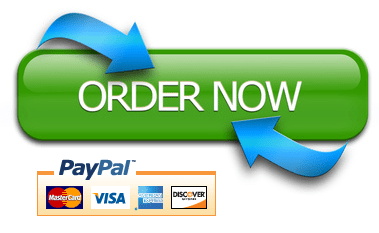For this project, imagine that you are working for a consumer protection organization. Your organization’s goal is to help young adults avoid financial difficulties and act in ways that are financially responsible. You have been concerned about how many young adults make major financial mistakes that haunt them the rest of their lives. Your organization wants to do something about that!
You will create a guide to “Financial Fitness” for young adults. This guide can be in the form of a pamphlet, series of blog posts, video(s), podcast(s), presentation, or other formats. (If using a different format, be sure to get the format preapproved by your teacher.)
In this guide for young adults, you must address five (5) major Personal Finance topics from this course. (This could include any Personal Finance topics from Modules 6 – 11 or even the budgeting topic from Module 2. Content from Modules 1, 3, 4, and 5 would not count, since those are Economics topics instead of Personal Finance topics.)
For each of the five major Personal Finance topics that you choose, describe the topic and provide multiple (at least two) pieces of advice for young adults when dealing with that topic in real life.
SOME OF THE TOPICS
- Module 6 (Planning for the Future): We examine employment, career opportunities, options after high school (and how to pay for some of them), buying your first car, deciding between a house or apartment, and finally the concept of creating generational wealth.
- Module 7 (Income and Taxes): We examine the information found on pay stubs and the process of paying income taxes.
- Module 8 (Saving and Investing): We begin this module by considering checking accounts and how to balance bank accounts, then we consider options for loans, investment, and retirement planning.
- Module 9 (Loans and Credit): We dive a bit further into loans in this module, then we consider credit, credit worthiness, and how to use credit responsibly.
- Module 10 (Insurance): We examine different types of insurance and how you can protect yourself, your family, and your property.
- Module 11 (Consumer Protection): We finish the course by continuing the theme of protecting consumers. We examine consumer protection organizations and laws, ways to prevent identity theft, and several “scams” to avoid.

